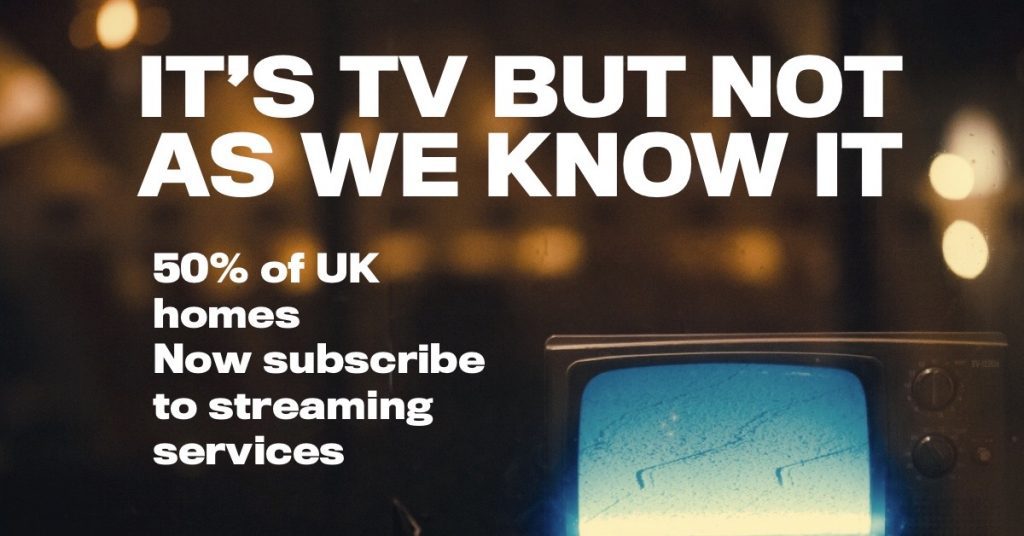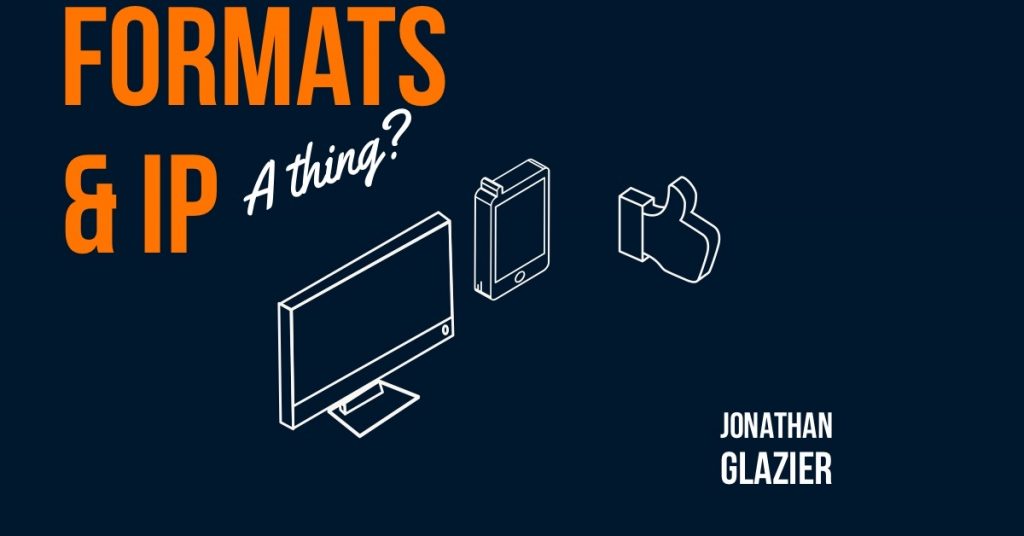So what is the future of TV as we know it
Many years ago at the Royal Institute, I said that broadcasting would centre around live appointment to view tv, so a reduction in recorded programmes, particularly entertainment shows. That has happened, most of our Saturday night shows now have big live shows as part of the format. I also predicted that MIMO and FOMO would become significant components in scheduling strategy. Today if you don’t actually watch Love Island you “Miss It and Miss Out” and that fear drives views. Obviously, because social media will be full of spoilers, viewers have to watch, the “Fear of Missing Out” is real. Now streaming is shaping the future of TV. More significantly, where advertisers spend their money is changing the face of TV
Will broadcast TV survive? That’s an interesting question. The big difference between broadcast and on-line was the linear schedule versus the on-demand of on-line, but we now see more live event streaming. The appointment to view has crossed into the on-line world with my daughters making a note of the expected upload of the next Sam and Colby video on youtube.
There’s a debate about sVoD against
Traditionally content providers got the cost of making the content plus a fee, and in the UK they kept (past tense is intentional) or shared the IP or intellectual rights. This meant they were free to resell the material and develop secondary revenue streams. However, Netflix keeps the rights, they have to, the content sits on their platform across the world for years. Any secondary use of the content threatens their business model. This means they have to develop healthy margins allowing a worthwhile production fee. They also have to build great relationships with their producers, and they are doing this and doing it well
If I were in the business of making TVs or if I were a broadcaster or channel owner I’d be worried. If I were a traditional platform owner like Sky or Astro I’d be super concerned. Why pay $60 minimum for a cable or satellite service? Incidentally, I have always found “cable cutting” a bit of a strange phrase in the UK. We never really had cable TV, going instead straight to satellite which of course has no cable
Eventually, Satellite TV will cease. Traditional Broadcasters will continue the move on-line. Even though the BBC is protected from the uncertainty of ad dollar funding because of the licence fee. It will come under pressure, and the licence fee will have to evolve. We need to keep the BBC as is; let’s keep one part of our life in national ownership. Not allowing it to descend into the hell of dumbed-down commercialism. iPlayer will see the BBC continue in some form, but we need to explore how we pay for it
The future of TV content is excellent, we will all just be watching using different forms of delivery. The cable and satellite services will be the first to go, There will be heavy competition for our subscriptions, but the consumer will dictate the market. I don’t want to be paying out for three or four services because the content is fragmented across platforms and providers, Disney ITV HUB, Netflix Amazon etc
Jonathan Glazier
Creative executive & multi-camera director in digital and television media, Consulting with and inspiring teams to reach their creative potential.



